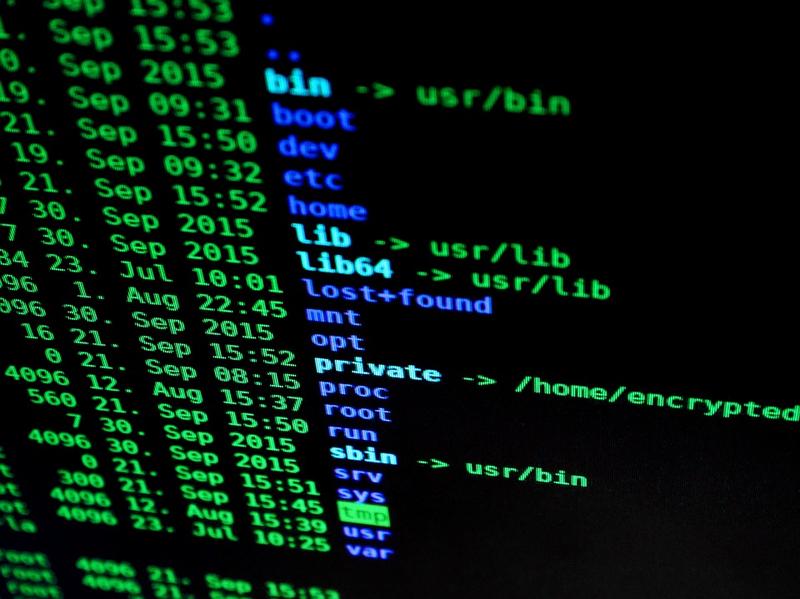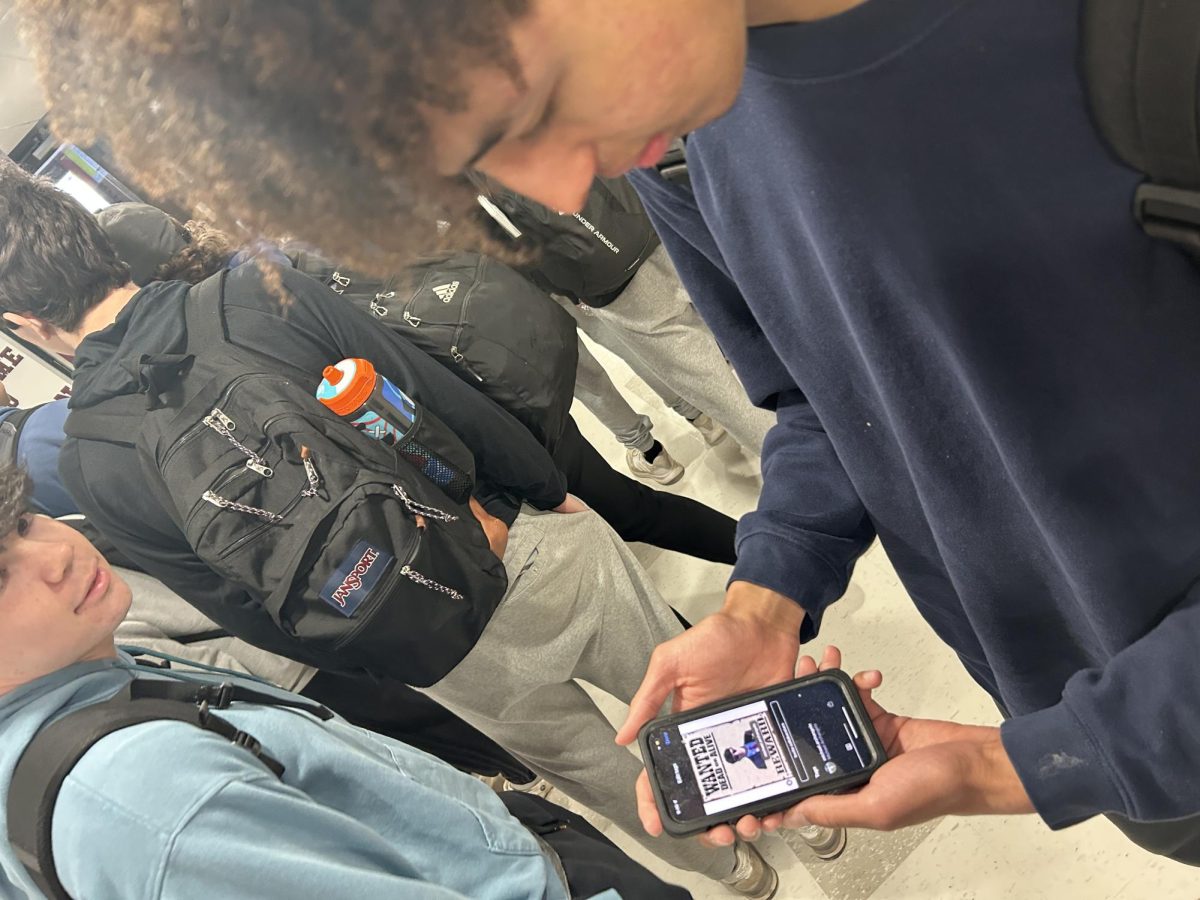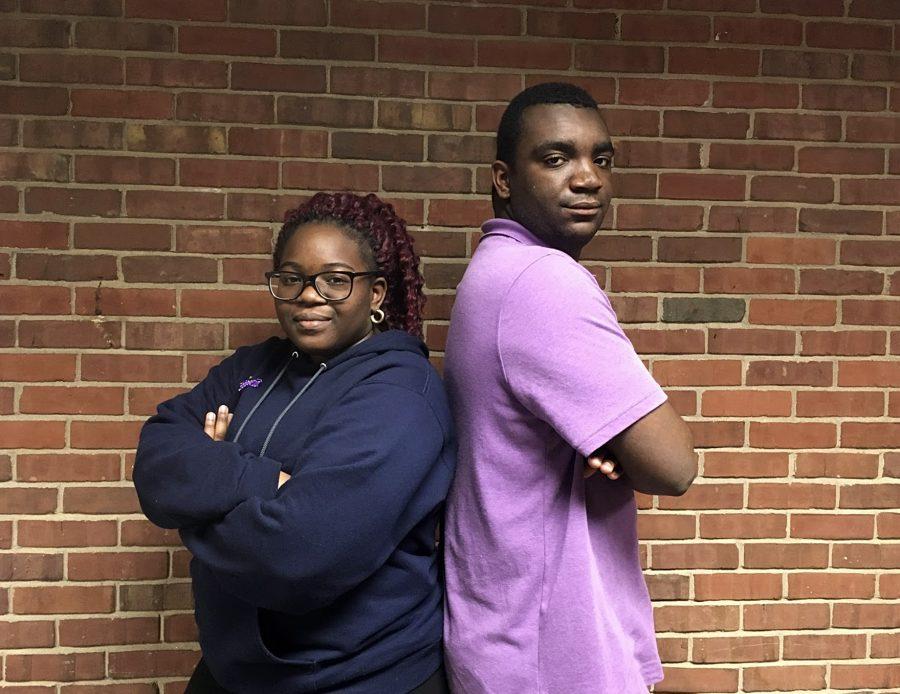BY JULIA TARINELLI
Google knows everywhere I’ve been within the last year. My Google data summary displays my vacations in Montreal and Maine, college visits in Massachusetts, and the band trip to Disney World as red points on a map, and also grouped into trips it detected automatically with its algorithm. It also pulls up the pictures I took there, where I’ve been most recently and most frequently, and exactly how many and which days I went there.
Luckily, I have visited this screen before and already knew that Google was following me around via my phone. But not everyone has dug through all the menus and dashboards like I have, or are even aware of their existence. And location is far from the only thing that is always being tracked.
Since everyone carries computers in their pockets, the constant collection and sharing of information has become not only a fact of life, but a gigantic industry. As the saying goes, if you aren’t paying for a product, then it’s you that’s the product. It’s no secret that internet companies make their money from selling user information to advertisers, but Facebook has recently gotten itself into trouble with exactly how it collected and used personal data.
The Cambridge-Analytica scandal compromised an estimated 87 million accounts. While people were paid to take a personality quiz supposedly for research purposes, the Facebook account they used to log in to the app was exploited to also collect information from all their Facebook friends without permission. The situation has only gotten stickier with Mark Zuckerberg’s testimony in front of the Senate.
As Facebook users investigate whether their accounts were breached, many find themselves re-examining what exactly they are sharing.
In his search into the data Facebook and Google had on him, Dylan Curran of the Guardian found way more than he expected. Not only did they store every search, message sent, and when and where users login, they also spread their feelers past their own platforms. Both also track details on other apps used, phone calls made, and content that was deleted.
If this data falls into the wrong hands, like Cambridge Analytica’s potentially illegal use of politically targeted ads in the 2016 election, the consequences could be disastrous. But, some are willing to take the risk for the convenience of personalized content. Canton junior Hannah O’Leary is careful about sharing her address, and used to leave location tracking off on her phone, but said “it’s gotten harder more and more as I navigate places, so I just leave my location on.”
Teenagers’ relationship with privacy on the internet is also unique, as we have grown up online and have been sharing and connecting since we were young. A 2012 Pew Research survey on the topic found that while parents were concerned about their children’s safety online, particularly interactions with strangers, collection of data for advertising, and the potential impact of a bad decision on their futures. However, the kids themselves were more concerned with keeping their activity away from their parents, teachers, and other acquaintances and local authorities.
Ultimately, even as I look through the eight years of information Google has on me, I don’t change a thing. Even if it means my watch history being scanned, I still want my YouTube recommendations.
Categories:
Do You Know Where Your Data Is?
April 26, 2018
0
Tags:
More to Discover












